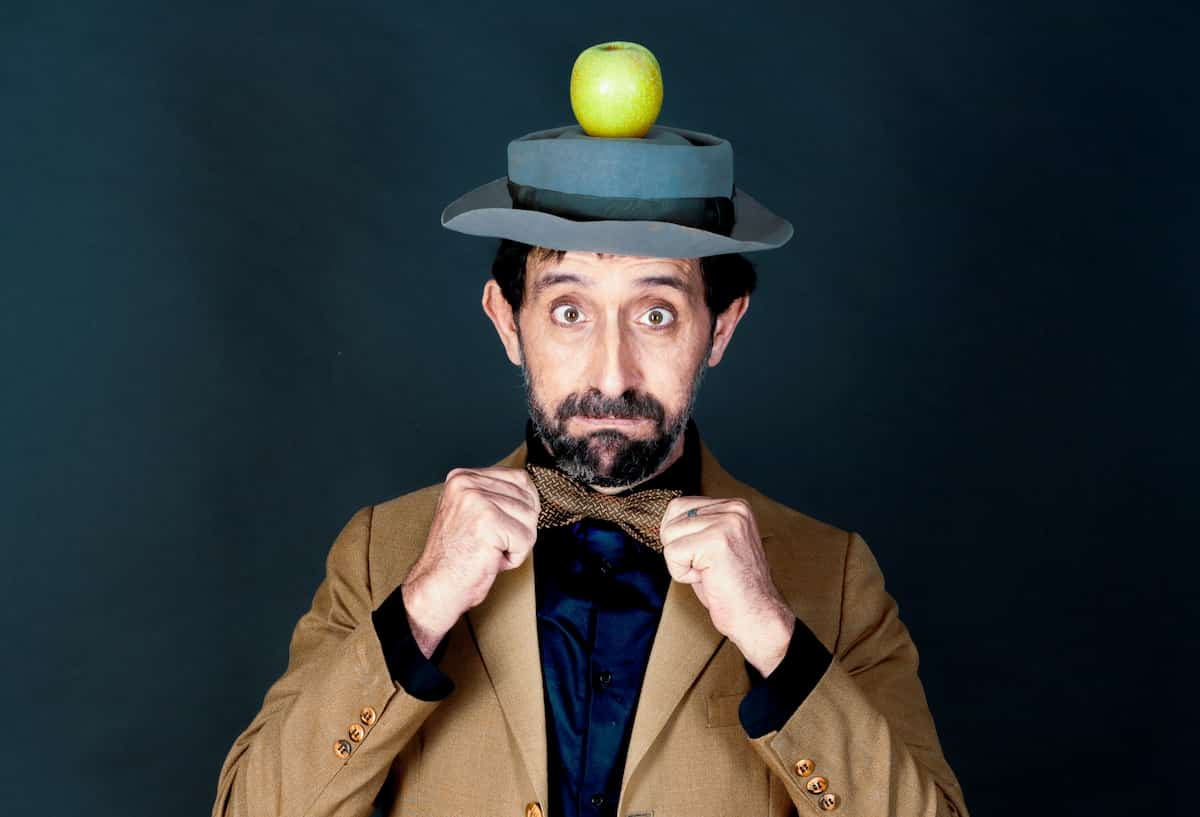4 Surprising Personality Traits That Comedians Share (M)
Comedians find it unusually difficult to feel pleasure and have a strange relationship with their audiences.

Comedians find it unusually difficult to feel pleasure and have a strange relationship with their audiences.
